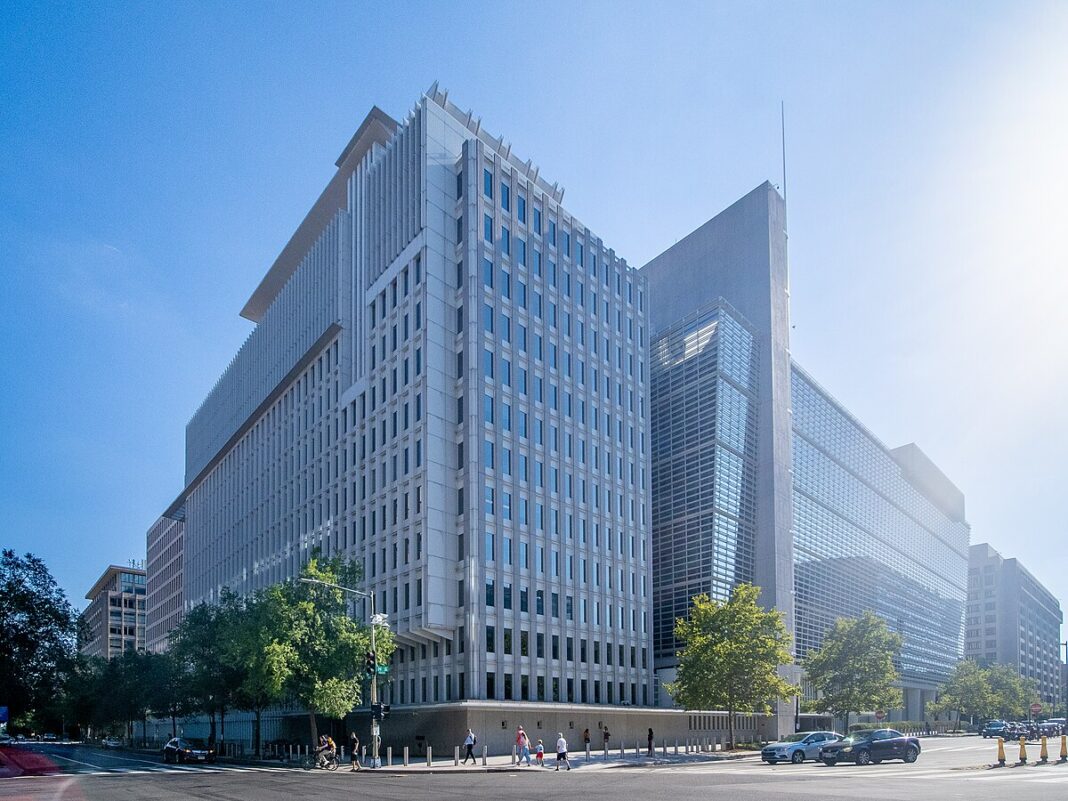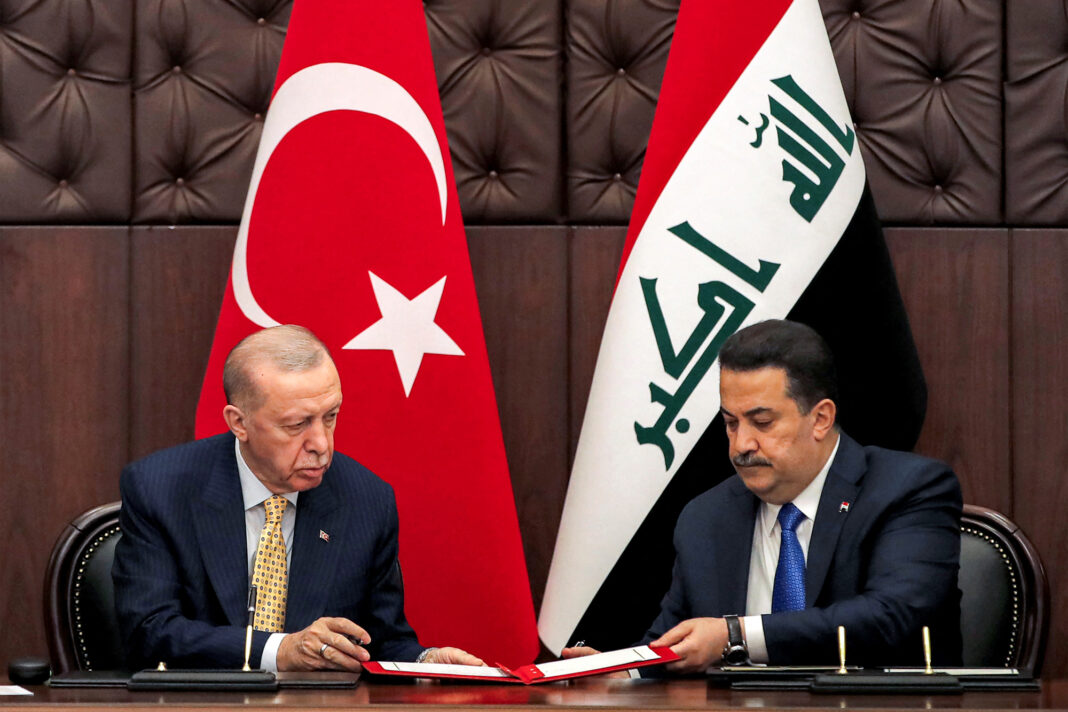Hashd Al-Shaabi law postponed to maintain stability, Iraq’s four presidencies agreed on delaying the controversial bill. The draft will be withdrawn from Parliament until the next session, aiming to protect internal stability and avoid drawing Iraq into regional conflicts.
Uday Al-Khadran, a member of the Coordination Framework, said the agreement occurred during a meeting of the four presidencies. He explained that the law’s approval will now fall to the next Parliament and government. Al-Khadran emphasized that the postponement does not mean dissolving the Hashd, which he said “will never happen, regardless of internal or external pressures.”
The law has generated heated debate, especially within the Shiite political bloc. The draft proposes integrating the Hashd fully into the Iraqi army under a structured military leadership. However, influential Hashd factions resist this integration, seeking a more independent role.
External concerns add pressure, particularly from the United States. Washington fears the law could legitimize factions labeled as “terrorist groups.” It could also strengthen the Hashd’s independence from the Iraqi military. US Foreign Minister Marco Rubio raised these concerns with Prime Minister Mohammed Shia Al-Sudani. He warned that the legislation might increase Iranian influence in Iraq.
Hashd Al-Shaabi was formed in 2014 following a government decision and a fatwa from Grand Ayatollah Ali Al-Sistani. Thousands of Shiite fighters joined to combat ISIS, making the group a key component of Iraq’s security framework.
The postponement reflects Iraq’s leadership prioritizing stability and political consensus over rapid legislative action. By delaying the law, the presidencies aim to prevent internal divisions from escalating and to maintain a balanced approach to regional and domestic pressures.
Hashd Al-Shaabi law postponed underscores Iraq’s careful navigation of political, military, and regional dynamics. Leaders hope this decision strengthens governance while respecting the country’s complex security landscape.
The presidencies hope the delay will encourage dialogue among political factions. They aim to create consensus and prevent any actions that could destabilize Iraq’s security or governance.



